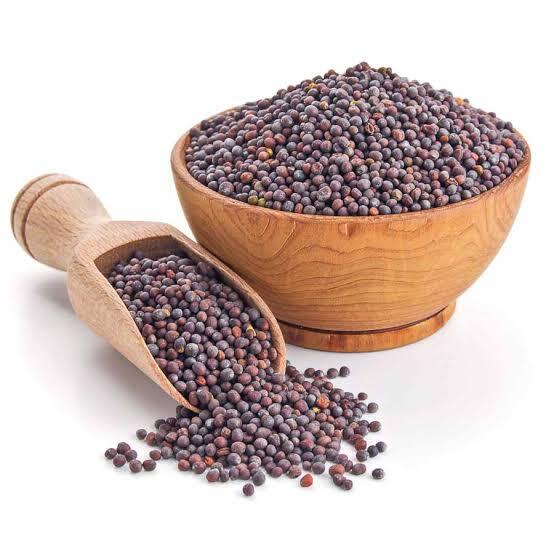Rajasthan, India’s largest mustard-producing state, is expected to witness a decline in mustard production during the 2024-25 Rabi season, primarily due to lower sowing area and unfavorable weather conditions. The state, which contributes 45-49% to India’s total mustard output, is estimated to produce 5.5 million tonnes (mt) this year, down from 6.2 mt produced last year, as per data from the state agriculture department.
Lower Sowing and Unfavorable Weather Affect Output
The decline in mustard production is primarily attributed to a reduction in the area under mustard cultivation in key growing districts such as Alwar, Bharatpur, Sri Ganganagar, and Hanumangarh. Farmers have shifted to alternative crops due to fluctuating mustard prices and changing climatic patterns, which have impacted sowing decisions. Additionally, inconsistent rainfall and a warmer-than-usual winter have also affected the growth of mustard crops, contributing to the anticipated lower yield.
Commodity Traders Project Lower Output
While the agriculture department projects production at 5.5 mt, commodity traders estimate a slightly lower figure, placing this year’s production at around 5.1 mt. Traders attribute this reduction to crop stress and pest attacks observed in certain mustard-growing regions. According to market observers, farmers have faced challenges during the critical flowering and pod formation stages, which could lead to a reduction in overall yield.
Impact on Domestic Mustard Supply and Prices
The anticipated drop in mustard output is likely to tighten domestic supply and may put upward pressure on mustard oil prices in the coming months. Mustard oil, a staple in Indian households, could see increased demand amid falling supplies, potentially leading to higher retail prices. Industry experts suggest that any major shortfall in mustard production will increase dependence on imported edible oils, impacting India’s overall oilseed economy.
Government Monitoring and Policy Response
The Union Agriculture Ministry and Rajasthan State Government are closely monitoring the situation. Initiatives are being explored to promote higher sowing of oilseeds in the upcoming seasons and provide incentives to farmers to ensure stable production. Efforts are also underway to introduce climate-resilient mustard varieties and improve agronomic practices to boost yield.
Mustard’s Critical Role in India’s Edible Oil Security
India is the world’s largest importer of edible oils, and mustard plays a key role in reducing the country’s dependence on imports. With mustard oil accounting for a significant share of domestic edible oil consumption, maintaining stable production levels is essential for ensuring food security and price stability.
As the 2024-25 season unfolds, market watchers and policymakers will be keeping a close eye on weather patterns and production trends to assess the overall impact on India’s oilseed economy.
Follow & Subscribe:
👉 Agri-Food Update on LinkedIn for the latest updates and insights.
🌐 Visit us at www.agri-food-update.com for more information!



